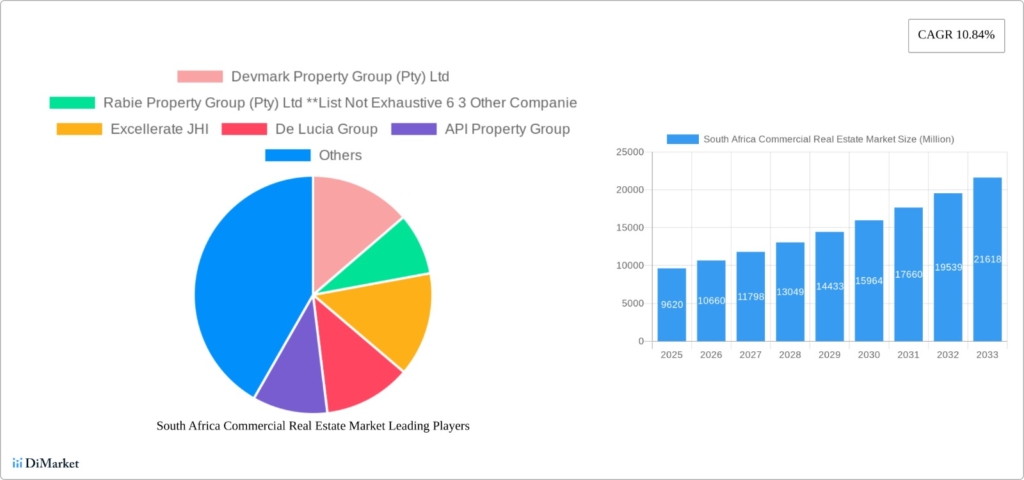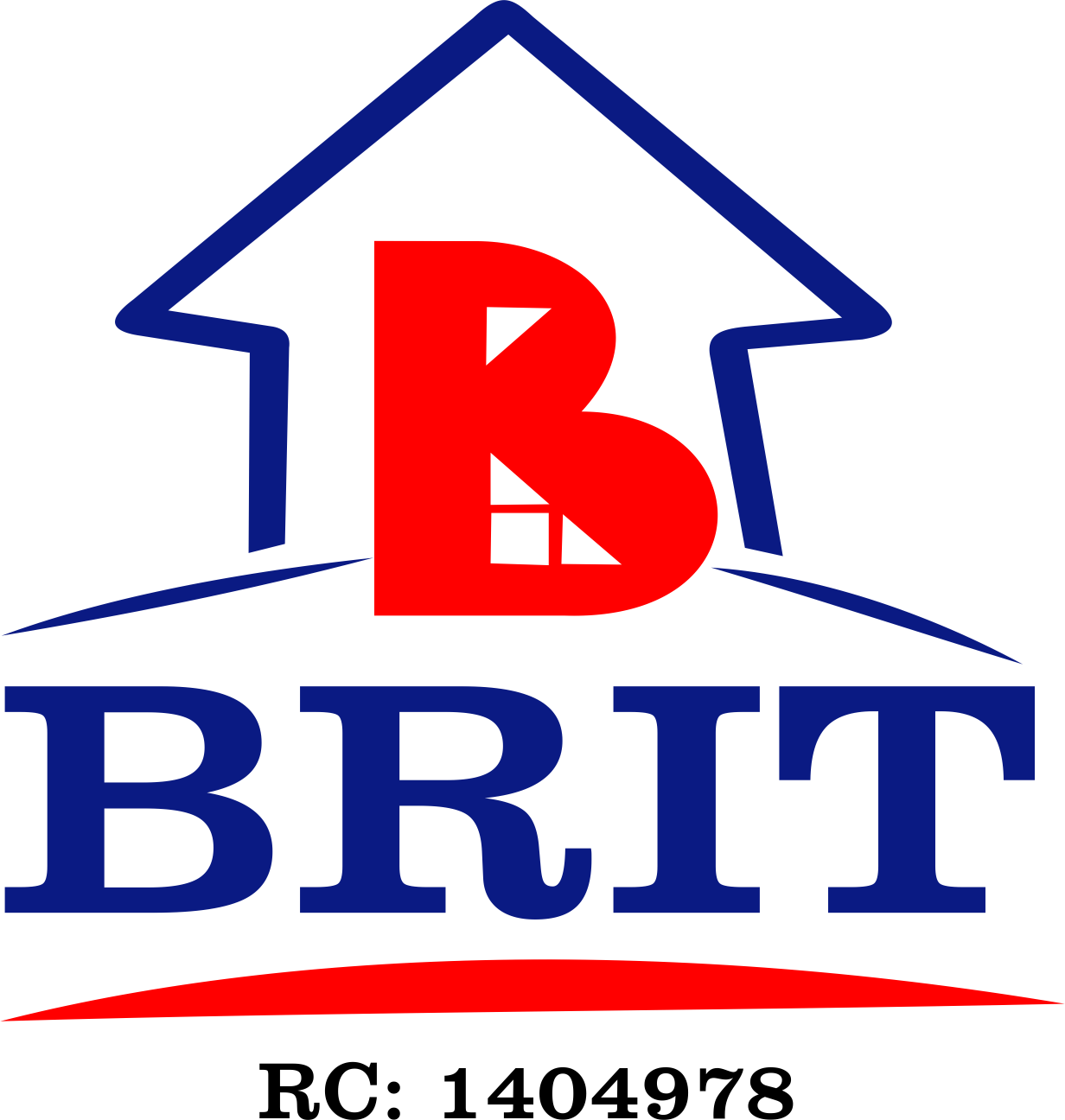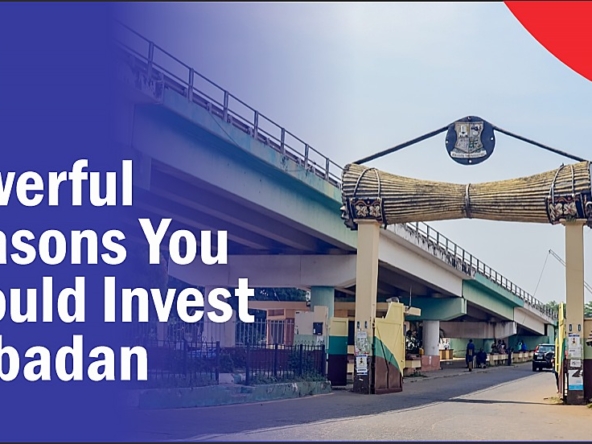By Sebastiane Ebatamehi
INTRODUCTION: How to Market Real Estate in the 21st Century
Learning how to market real estate in the 21st century isn’t about glossy flyers or waiting for referrals, it’s about building digital trust, showing up where your buyers scroll, and making every interaction count. In this digital-first world, real estate is no longer just about selling property; it’s about selling a lifestyle, a vision, and a future.
In Summary
- Nigeria’s real estate market is projected to reach a value of US$2.61 trillion by the end of 2025.
- The residential real estate market is expected to reach a transaction value of US$14.82 billion in 2025 and grow further to US$17.86 billion by 2029, with an annual growth rate of 4.78%.
- The residential real estate market is expected to grow at a CAGR of 7.54% from 2025 to 2029, reaching US$3.01 trillion by the end of 2029.
- Nigeria faces a significant housing deficit, estimated to be around 28 million units, with 700,000 homes needed annually to address this gap.

How to Market Real Estate in the 21st Century: Smart, Modern Tactics You Need.
The real estate industry has always thrived on relationships, reputation, and results. But in the 21st century, the game has changed dramatically. We’ve moved from newspaper classifieds and street-side banners to an always-online, hyper-personalized, content-driven marketplace. Today’s buyers and investors don’t just want a house, they want an experience. They want trust, transparency, convenience, and digital sophistication. That’s why understanding how to market real estate in the 21st century is no longer optional, it’s the key to staying relevant and successful.
If you’re still relying solely on traditional brochures or word-of-mouth to sell properties, you’re missing out on a vast pool of prospects who live, search, and decide online. Whether you’re a realtor, real estate firm, property developer, or land consultant, understanding how to market real estate in today’s landscape is crucial to growth, sales, and long-term brand equity.
Marketing real estate in the 21st century is not about shouting the loudest; it’s about showing up where it matters, with the right message, at the right time. The opportunities are immense for those who evolve with the times. From virtual walkthroughs to TikTok reels, automation to analytics, the modern-day real estate marketer must wear many hats and wear them well.
Whether you’re selling one plot or launching a mega estate, remember: you’re not just marketing land or buildings. You’re marketing dreams, legacies, and futures. So suit up, digitize, humanize and go sell the future.
Here’s a step-by-step guide to marketing real estate in the 21st century.

- Build a Powerful Online Presence
The journey of almost every modern buyer begins online. If your brand isn’t present and impressive on the internet, you risk being invisible. Remember, buyers are visual learners, show them, don’t just tell them.
What to do:
- Professional Website: Build a sleek, mobile-optimized website that showcases your listings, success stories, testimonials, and services. Integrate live chat, contact forms, and instant call buttons.
- Search Engine Optimization (SEO): Optimize your website for keywords like “affordable houses in [city]” or “real estate investment in [region]” so buyers can find you organically through Google.
- Google Business Profile: Register your office location with Google My Business for visibility in local searches and Google Maps.
- Embrace Social Media as a Sales Channel
Social media is no longer optional; it’s essential. If you truly want to master how to market real estate in the 21st century, platforms like Instagram, Facebook, LinkedIn, TikTok, and YouTube are powerful tools for engagement and conversions. Don’t just post listings, tell stories. People don’t buy brick and mortar; they buy aspiration and lifestyle.
Strategies that work:
- Instagram Reels and Stories for virtual tours, before-and-after projects, client testimonials, and lifestyle content.
- Facebook Ads to target specific demographics based on location, age, income level, and interests.
- LinkedIn for investor relations, B2B property deals, and building professional credibility.
- TikTok for creative storytelling around locations, lifestyle perks, and industry tips.
- YouTube for in-depth property walkthroughs, neighborhood reviews, and educational videos on financing or investment.
- Use High-Quality Visuals and Virtual Tours
In the digital era, visuals are everything. If you’re serious about how to market real estate in the 21st century, you can’t afford poor-quality content. A pixelated photo or dark video can kill a sale before you ever get the chance to pitch.
Key elements:
- Professional Photography: Use wide-angle lenses, drone shots, and bright, edited photos to present properties at their best.
- Virtual Tours: 3D walkthroughs using tools like Matterport allow buyers to explore properties remotely.
- Video Marketing: Short, punchy videos showing space flow, amenities, and location features drive higher engagement than static posts.

- Tap Into Email Marketing and CRM Automation
Email remains one of the most cost-effective and direct ways to nurture leads, especially for long-term prospects. Knowing how to market real estate in the 21st century means using email beyond just pushing listings. Share useful content, market insights, financing tips, property appreciation projections, and watch your audience engage and trust you more.
How to win:
- Use CRM platforms like HubSpot, Zoho, or Mailchimp to manage contacts.
- Segment your email lists (investors, first-time buyers, commercial clients) and send personalized newsletters or drip campaigns.
- Automate follow-ups, birthday greetings, and milestone check-ins to stay top of mind.
- Invest in Targeted Digital Advertising
Organic growth is powerful, but paid advertising gives you scale and speed. If you truly want to master how to market real estate in the 21st century, you need to combine both. A/B test your ad copies and visuals to see what converts best. Don’t “spray and pray”, advertise smart.
Platforms to focus on:
- Google Ads: Appear on search when people look for real estate options in your city or niche.
- Facebook & Instagram Ads: Hyper-targeted ads with visuals can reach potential clients where they spend time.
- Retargeting Ads: Remind website visitors of your properties even after they’ve left your site, keeping your brand in their decision loop.
- Build and Leverage Partnerships
The modern real estate marketer doesn’t work alone. Collaborate with influencers, fintech platforms, mortgage brokers, legal consultants, and relocation agencies to expand reach and deliver bundled value. Influencer marketing in real estate is emerging fast, working with lifestyle creators or local celebrities can skyrocket visibility and trust.
What partnerships bring:
- Access to new audiences
- More credibility
- Streamlined processes for clients
- Educate to Dominate: Content is King
Your buyers have questions about land titles, location growth potential, government policies, and financing options. Understanding how to market real estate in the 21st century means positioning yourself as their trusted resource. The more informed your audience is, the more empowered they feel to make decisions with you.
Ideas for valuable content:
- Blog posts like “5 Reasons Why [Location] is the Next Investment Hub”
- Free eBooks or guides: “How to Buy Land Safely in Nigeria”
- Webinars and live Q&A sessions with experts
- Instagram or YouTube series explaining the real estate process
- Manage Online Reviews and Reputation
In an age of scams and failed property promises, trust is currency. Encourage satisfied clients to leave reviews on Google, Facebook, and real estate platforms.
Reputation tips:
- Respond to all reviews, positive or negative with professionalism.
- Use testimonials in your marketing content.
- If you get bad press or a client complaint, handle it transparently and fast.

- Use Data and Analytics to Make Smarter Decisions
Marketing without measurement is guesswork. Use analytics to understand what works and what doesn’t. Refine your strategy based on what the numbers say, not just intuition.
Track:
- Website traffic and conversion rates
- Social media engagement and growth
- Email open and click-through rates
- Ad performance and cost-per-lead
- Be Human. Be Helpful. Be Consistent.
The best marketing doesn’t feel like marketing. It feels like connection. Real estate is deeply emotional, people are buying their future, their safety, their pride. People buy from people they like, trust, and believe in.
- Show up consistently.
- Be available to answer questions.
- Help before you sell.
- Be transparent with pricing, documentation, and delivery timelines.
Having read all the above, it’s important to know that if you do not have adequate guidace, you might be turning in circles. At Brit Properties, we train aspiring real estate advisors on how to market real estate properties the right way at no cost. Contact us now to get started.





